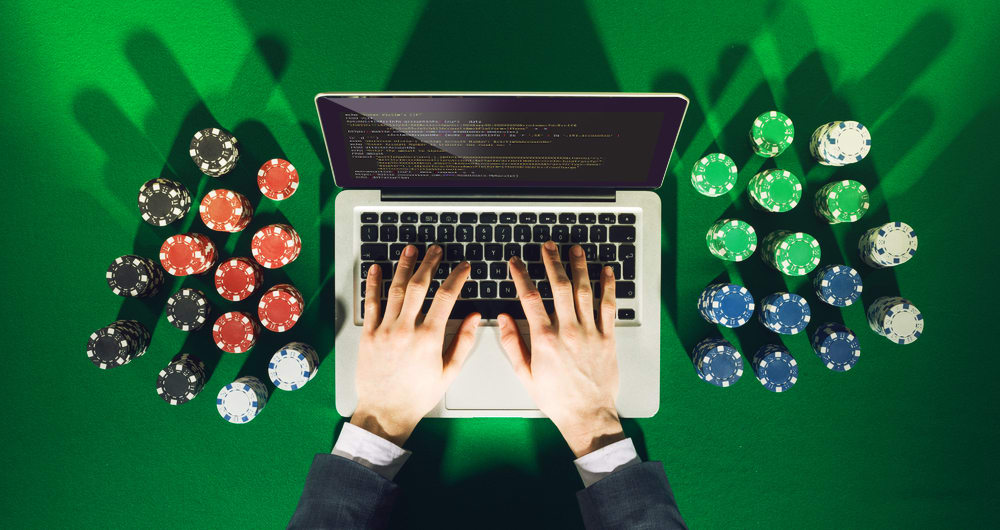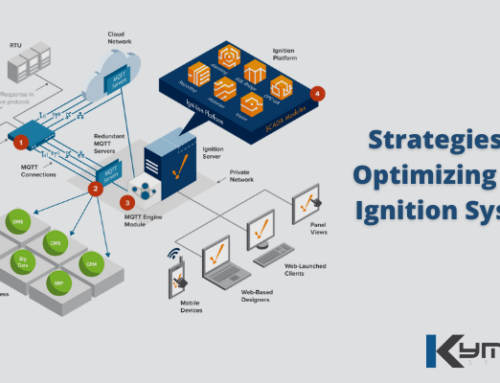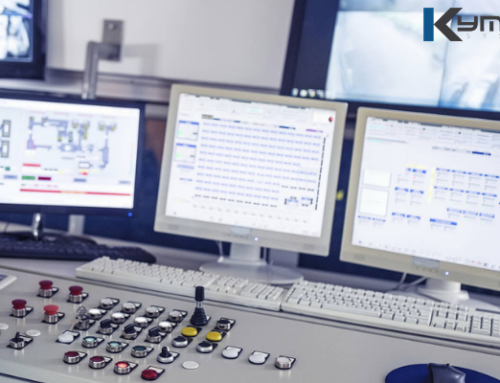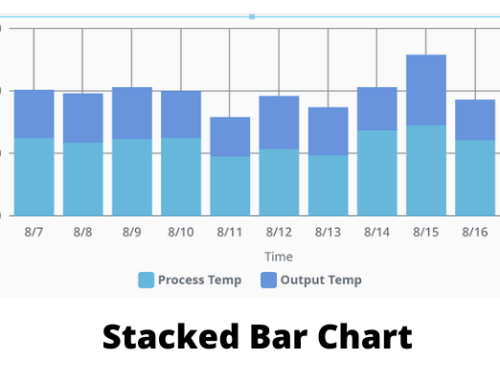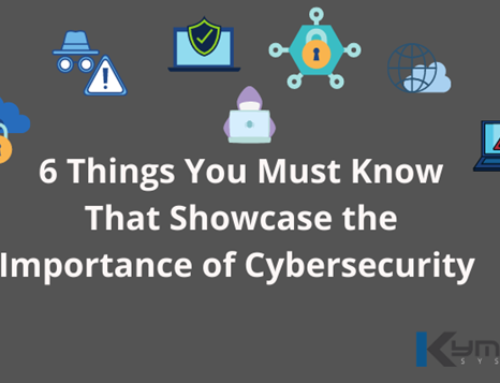Even if this title sounds like something from a James Bond movie, it is something part of present-day reality. Though experienced as a seamless transition by the average person, what we are experiencing today is known as the 4th Industrial Revolution. Facilitated in large part by another somewhat recent development, the Internet of Things (IoT), Industry 4.0 can be characterized by a fusion of technologies, blurring the lines between the physical, digital, and biological.
And just like the First Industrial Revolution of the 18th century, this latest development is changing the world beyond recognition. As part of the so-called, Internet of Things, all sorts of devices, tools, vehicles, or home appliances have software and sensors that allow them to connect and share data between themselves.
It makes it possible for all of these objects and devices to be controlled remotely or automatically across the existing network infrastructure. The result is improved efficiency and accuracy, as well as reduced human intervention. Similarly to how the steam engine changed the world in the 1800s, so does the Internet of Things change it now.
The Casino’s Thermometer
This increased interconnectivity has a significant vulnerability that can be best exemplified by this particular story. When physical objects share data among themselves, it is possible for tech-savvy persons, in this case, hackers, to bypass and infiltrate the system through a weak spot and input their commands.
During the WSJ CEO Council Conference in London, Nicole Eagan, the CEO of Darktrace, a cyber-security firm, said that “There’s a lot of internet-of-things devices, everything from thermostats, refrigeration systems, HVAC systems, to people who bring their Alexa devices into the offices. There’s a lot of IoT. It expands the attack surface, and most of this isn’t covered by traditional defenses.”
Eagan also described the incident where a casino was hacked via a thermometer found in the lobby’s fish tank. “The attackers used that to get a foothold in the network,” she said. “They then found the high-roller database and then pulled that back across the network, out the thermostat, and up to the cloud.”
Cyber Security
During that same conference, Robert Hannigan, the former head of the British digital spying agency said that “With the internet of things producing thousands of new devices shoved onto the internet over the next few years, that’s going to be an increasing problem. I saw a bank that had been hacked through its CCTV cameras because these devices are bought purely on cost.”
In other words, the need for innovative, stable, and secure solutions should receive top priority in this evermore technological and interconnected world. This casino thermostat story, though unfortunate, did not have widespread implications. But if some hackers with nefarious intentions were to bypass their way into a gas power plant or a water supply station’s system, there is no telling what they can achieve.
Conclusion
The 4th Industrial Revolution is already changing our lives, mostly for the better. Nevertheless, for all the benefits that it has to offer, it can also leave us exposed to cyber-attacks that can impact our lives in the most negative ways possible. Investing in professional security systems is not only an option but a necessity.
